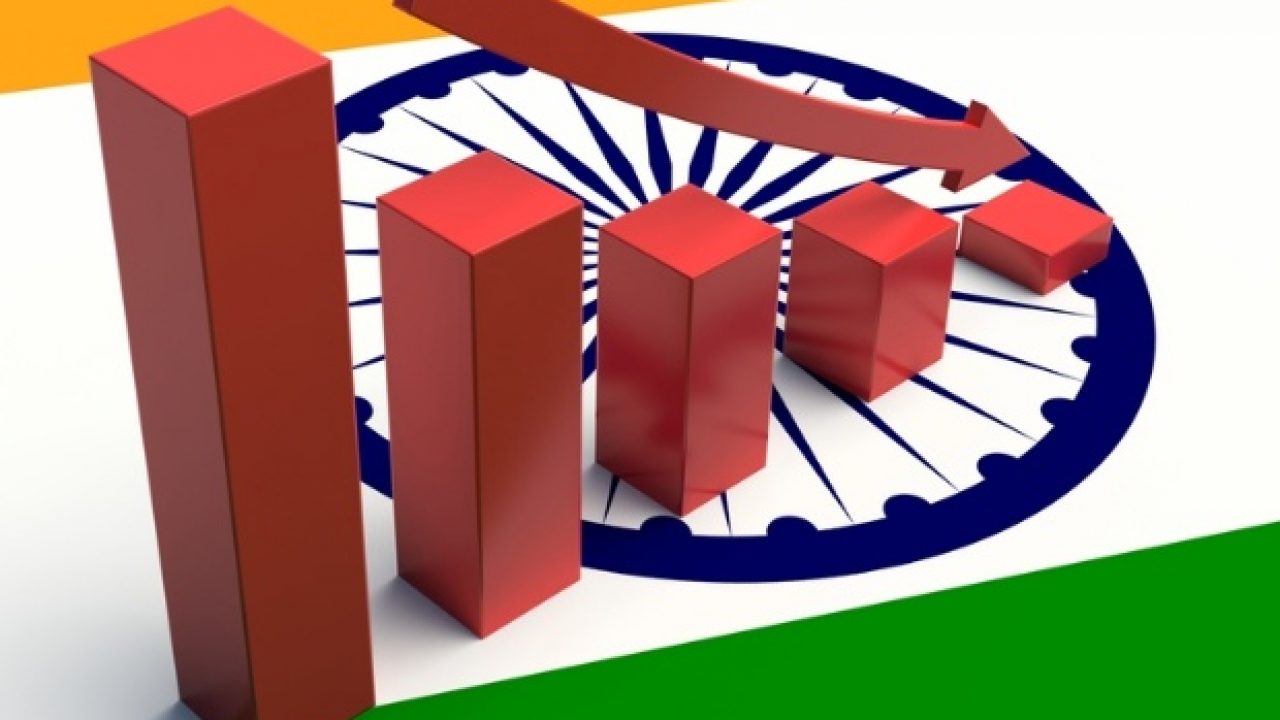Introduction to the current economic situation in India
India, a nation known for its vibrant culture and rapid economic growth, is facing turbulent times. The current economic landscape reveals challenges that resonate across various sectors, affecting millions of lives. As the world watches closely, it becomes crucial to understand the intricacies behind this downturn and its far-reaching consequences. From agriculture to manufacturing and services, every corner of India’s economy feels the strain. Join https://finanzasdomesticas.com/economia-de-india-afectada/ individuals can navigate these uncertain waters.
Factors contributing to the economic downturn

Several factors have played a significant role in India’s current economic downturn. The global supply chain disruptions, stemming from various international crises, have left industries struggling to maintain production levels.
Inflation has surged, impacting the purchasing power of consumers. Rising prices on essential goods and services create additional strain for households across the country.
Moreover, unemployment rates are climbing as businesses face tough choices. Many companies have downsized or closed altogether due to ongoing challenges, leaving countless workers without jobs.
The agricultural sector is also feeling the pinch. Erratic weather patterns and market fluctuations complicate farmers’ ability to secure stable incomes.
These elements intertwine to produce an environment of uncertainty that affects both individual livelihoods and broader economic growth in India.
Impact on different sectors such as agriculture, manufacturing, and service industries

The economic downturn in India has left a significant mark on various sectors, each facing unique challenges. Agriculture, the backbone of many rural communities, is grappling with labor shortages and supply chain disruptions. Farmers are struggling to access markets, affecting their income and food security.
In manufacturing, factories have seen reduced output due to both lower demand and restrictions on operations. The once-thriving sector faces delays in raw material supplies, which hinders production timelines.
Meanwhile, the service industries—the lifeblood of urban economies—are experiencing severe impacts as consumer spending plummets. Hospitality and tourism have been hit hardest; businesses that relied on foot traffic now face uncertainty about recovery.
These interrelated repercussions highlight how deeply intertwined these sectors are within India’s broader economy. Each industry’s struggle reflects not just isolated issues but a collective challenge for the nation moving forward.
Government’s response and policies implemented to address the issue
The Indian government has responded to the economic downturn with a series of targeted measures. Recognizing the urgent need for relief, they rolled out stimulus packages aimed at reviving key sectors.
One major initiative includes direct cash transfers to vulnerable populations. This move aims to alleviate immediate financial burdens faced by low-income families.
Additionally, funding has been allocated for infrastructure projects. These efforts are designed not only to create jobs but also to stimulate growth across various industries.
To support small and medium enterprises (SMEs), loan guarantees have been introduced. This helps businesses maintain operations during tough times without resorting to layoffs.
Furthermore, policy reforms in taxation and compliance regulations are being implemented. Such adjustments aim to ease the burden on businesses while encouraging investment and innovation in the long run.
How the pandemic has exacerbated the economic crisis in India
The pandemic has hit India hard, amplifying existing economic vulnerabilities. Lockdowns led to widespread job losses, crippling many small businesses. This sudden halt in economic activities pushed millions into uncertainty.
Supply chains faced severe disruptions, affecting everything from agriculture to manufacturing. Farmers struggled with transporting goods while factories shut down operations temporarily.
In the service sector, hospitality and tourism experienced drastic declines in demand. With travel restrictions in place, revenue plummeted for countless companies dependent on foot traffic.
Moreover, informal workers bore the brunt of the crisis. Without safety nets or savings, families found it tough to make ends meet amidst rising prices and stagnant incomes.
As these challenges mounted, government efforts felt inadequate against such a sweeping force. The pandemic exposed systemic weaknesses that had long been ignored within India’s economy.
Potential long-term effects on the country’s economy and its citizens
The long-term effects of the current economic challenges in India could reshape its financial landscape significantly. A prolonged downturn may lead to increased unemployment, pushing many families into poverty.
As industries struggle, we might witness a decline in consumer spending. This reduced demand can stifle growth across multiple sectors, creating a vicious cycle that’s hard to break.
Moreover, education and healthcare could suffer as government resources become stretched. Citizens may find it challenging to access essential services, leading to broader social issues.
Investment confidence might wane too. Foreign and local investors could hesitate to commit funds if they perceive instability or risk in the market.
Entrepreneurship could be affected. Aspiring business owners might face barriers due to limited access to capital and uncertain economic conditions, limiting innovation and job creation for years ahead.
Possible solutions and ways for individuals to cope with financial challenges during this time
Navigating financial challenges requires a practical approach. Start by reassessing your budget. Identify essential expenses and cut back on non-essentials.
Consider exploring additional income sources. Freelancing, online tutoring, or selling handmade crafts can provide a much-needed financial boost.
Networking plays a crucial role too. Connect with local community groups or online forums where individuals share job opportunities and resources.
Seeking professional advice may also prove beneficial. Financial advisors can offer insights tailored to your situation, helping you make informed decisions.
Don’t underestimate the power of upskilling. Online courses are widely available and often affordable, allowing you to enhance your qualifications for better job prospects.
Focus on mental health during these tough times. Stress management techniques like meditation or exercise can improve overall well-being, making it easier to tackle financial obstacles head-on.
Conclusion: The importance of staying
As the situation unfolds, it is vital for citizens to focus on resilience. Staying informed about economic changes can empower individuals to make better financial decisions. Engaging with community support networks may also provide much-needed assistance during tough times.
Adaptability will be crucial in navigating this challenging landscape. Embracing new skills or exploring alternative income sources could india open up fresh opportunities. Maintaining a positive outlook and fostering connections within your community can help ease anxiety and stress related to economic uncertainties.
The importance of staying proactive cannot be overstated. By keeping an eye on evolving trends and government measures, individuals can position themselves more favorably in response to ongoing challenges. Whether through personal finance education or engaging with https://finanzasdomesticas.com/economia-de-india-afectada/ brighter future amidst current struggles.


